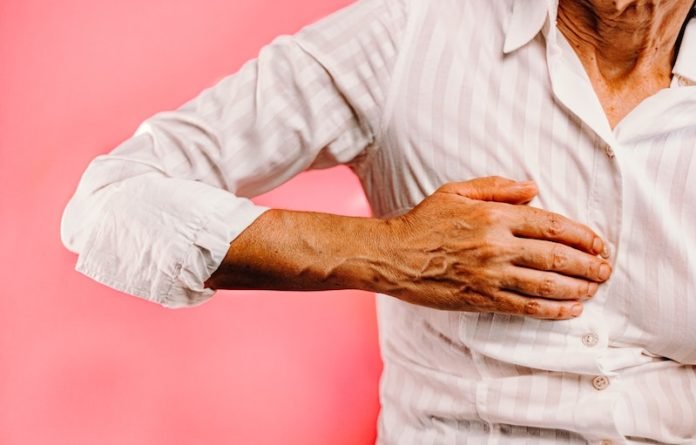
Chronic pain affects around one in five people and is considered “chronic” when it persists beyond the expected healing time, typically three months or longer.
Along with physical problems, chronic pain can impact a person’s daily activities, employment, lifestyle and mental health.
Doing things you love and having goals are fundamental for wellbeing because they give meaning and purpose.
But pain can make doing the activities you enjoy psychologically, physically and/or emotionally very challenging.
Our new research shows the way a person with chronic pain responds to not being able to participate in the activities or goals they value can can impact their mental wellbeing – even more so than their pain levels.
Pain intensity vs interference
We surveyed more than 300 people living chronic pain (that wasn’t related to cancer) about their mental wellbeing, “pain intensity” and how much pain interfered with the everyday pursuits and activities that mattered to them.
(We differentiated chronic pain from cancer pain due to the differing prognoses and treatments available, and the unique psychological and social factors associated with cancer pain, such as concern about death.)
We found pain that disrupted daily life activities, rather than the intensity of the pain, posed the biggest threat to a person’s mental wellbeing.
When pain interferes with a person’s engagement in meaningful daily activities, it causes distress and decreases wellbeing.
The research suggests it’s possible for people to find ways to maintain their mental wellbeing, even when their pain intensity is high, so long as they’re able to maintain aspects of life that are important to them, such as relationships and work.
People with pain find other ways of doing things
We found personal motivational traits – specifically, goal flexibility (adjusting goals in response to changing circumstances and setbacks) and tenacity (persistently striving to achieve a desired goal under difficult circumstances) – were associated with increases in mental wellbeing for people living with chronic pain.
Although flexibility and persistence were both associated with increased mental wellbeing, the capacity to flexibly adjust to setbacks or obstacles had the most significant positive effect in maintaining one’s mental wellbeing.
Flexibility appears to act as a protective factor against the impacts of pain interference on mental wellbeing, to a greater extent than personal tenacity or persistence.
There is often more than one way to modify or adapt an activity when difficulties arise.
A walk on the beach with friends, for instance, may be adjusted to meeting at the beach for coffee to fulfil the same goal or value: social connectedness.
Focusing on people’s strengths rather than deficits
Psychological processes that can help people to live well in the face of long-term pain have long been overlooked.
Research has traditionally focused on unhelpful thought processes that perpetuate or exacerbate mental distress. For example, pain catastrophising and repeated negative self-criticism.
Pain management and mental health are multi-faceted. Previous research has shown pain management should take into account physical factors (age, sleep, injury, disease) and social factors (employment, social support, economic factors).
Our findings add to this body of knowledge.
For those living with pain, reappraising and adjusting meaningful life activities and goals, when needed, in response to setbacks or life challenges can help maintain mental wellbeing.
These findings can inform the development of psychological supports for people with chronic pain.
In turn, these supports could identify internal strengths, resources, positive coping strategies, self-efficacy, hope and wellbeing – and promote psychological strengths rather than deficits.
Written by Joanne Dickson. The Conversation.
If you care about pain, please read studies that 1 in 3 people with chronic pain turn to marijuana, and these vitamins could help reduce bone fracture risk.
For more information about wellness, please see recent studies that Krill oil could improve muscle health, and study shows powerlifting is an effective exercise for chronic low back pain.



